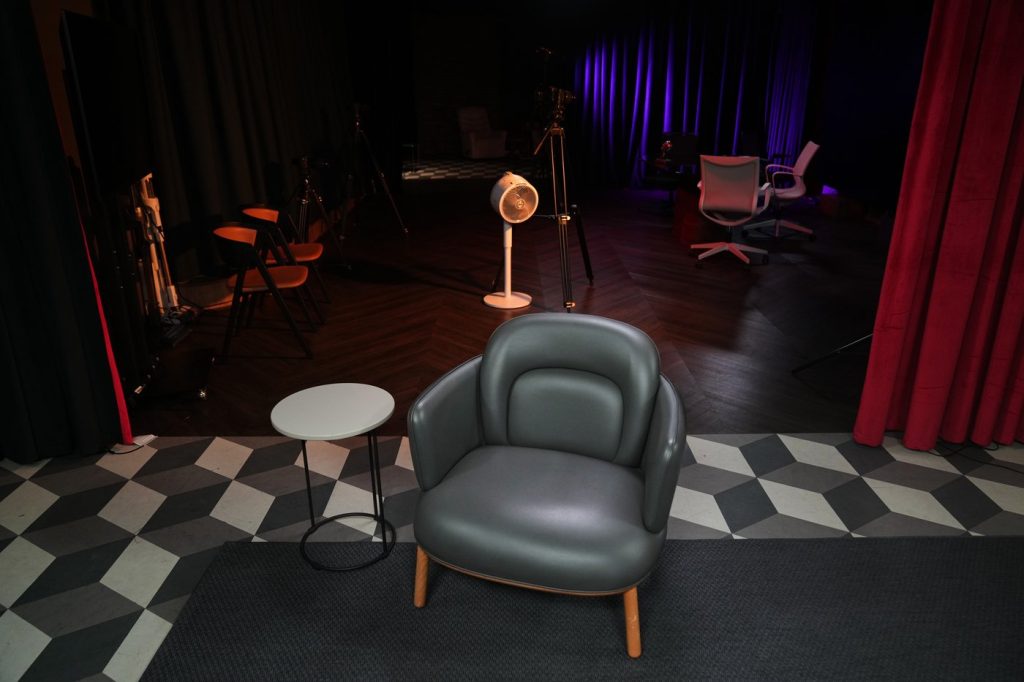ISTANBUL (AP) — An imprisoned Turkish journalist, Fatih Altayli, appeared in court on Friday to defend himself against allegations that he threatened President Recep Tayyip Erdogan. This case is viewed by critics as an attempt to suppress a vocal critic of the government.
Altayli, a veteran journalist whose YouTube program garners hundreds of thousands of views daily, was detained from his home in June and charged with issuing and publicly disseminating a threat against the president, facing a minimum prison sentence of five years. The 63-year-old journalist has vehemently denied these accusations.
The charges stem from comments he made during his program, "Fatih Altayli Comments," in which he discussed a poll revealing that over 70% of the Turkish public opposed a lifetime presidency for Erdogan. Altayli expressed that he was not surprised by these poll results and noted that the Turkish populace favors checks on authority.
He referenced Turkey's history during his program, stating, “Look at the history of this nation. This is a nation which strangled its sultan when they didn’t like him or want him. There are quite a few Ottoman sultans who were assassinated, strangled, or whose deaths were made to look like suicide.” This comment has been cited as the basis for the accusations against him.
In the initial court hearing, Altayli passionately rejected the accusations, emphasizing that throughout his career, he has consistently supported the vulnerable and posed no threats to anyone. He urged the judges to review his speech in question. According to the Sozcu newspaper, Altayli stated, “In the more than 40 years of my professional life — and throughout my entire life — I have never threatened a single person, whether weaker or stronger than me. On the contrary, I have always been the one threatened.”
Despite his detention, Altayli, who has had a lengthy and distinguished career as a journalist, columnist, and television presenter, continues to provide news and political commentary through his YouTube channel. He manages to deliver content by sending letters through his lawyers, which are then read by his assistant.
The media landscape in Turkey is heavily dominated by pro-government enterprises, with many independent journalists resorting to YouTube to publish uncensored reports. According to the Turkish Journalists Syndicate, 17 journalists and media personnel, including Altayli, are currently imprisoned. The Turkish government maintains that these journalists are facing prosecution for criminal acts rather than their activities as journalists.
This case has highlighted the ongoing challenges faced by independent media and the increasing government control over information in Turkey, raising concerns about freedom of expression and the rights of journalists in the country.











